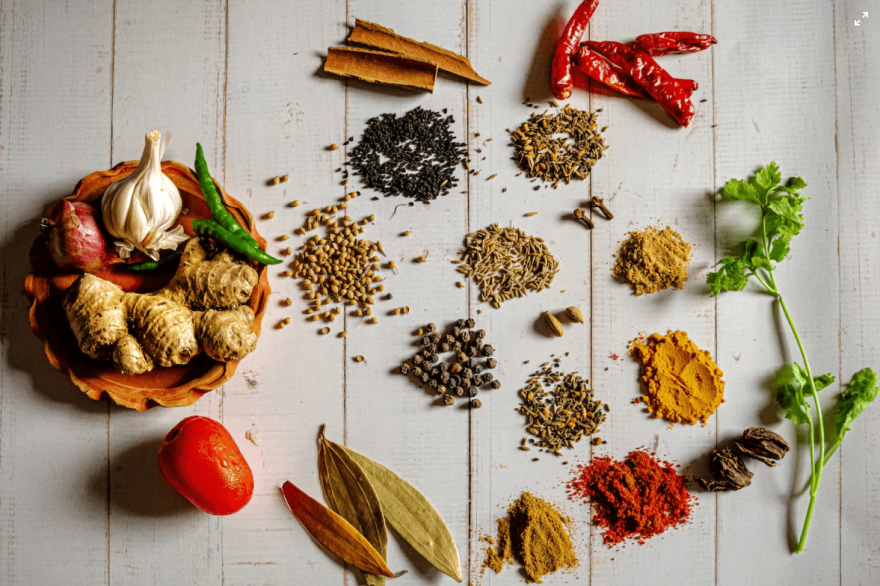
Tips from Senior Renal Dietitian: What is sodium and why should we eat less?

What is sodium and why should we eat less?
What is sodium?
Sodium is a mineral found in salt and in many of the foods we eat. About 80% of the sodium we eat comes from processed and takeaway foods. Your salt-shaker may not be the biggest culprit!
Did you know? Most of us eat too much sodium: New Zealander’s eat around 50% more than what is recommended
Why should I eat less sodium?
Eating less sodium can help reduce your blood pressure, and, therefore, reduce your risk of heart disease, strokes, and reduce damage to your kidneys.
If we eat too much sodium, it can contribute to:
• Oedema: noticeable swelling in your legs, hands, and face
• Heart failure: too much fluid in the blood can overwork your heart making it enlarged and weak
• Shortness of breath: fluid can build up in the lungs, making it difficult to breathe
How can I eat less sodium?
Reducing your sodium intake doesn't have to mean bland or flavourless food!
Try these simple tips to start reducing your sodium intake:
• Fresh is best, choose fresh foods over packaged foods or takeaways
• Limit processed meats (ham, sausages, bacon, luncheon), smoked foods and foods in brine (food canned in salty water). These are all very high in sodium
• Start using less salt in cooking. Try adding ½ the amount until you no longer need to add salt
• Remove the salt-shaker from the table – this will help to reduce the temptation to add salt
• Ask for food with no added salt at restaurants, cafes, and takeaway outlets
Remember: it takes 6-8 weeks for your taste buds to get used to low salt foods, so stick with it and food will start to taste better without salt!
How can I add flavour to my food without using salt?
Cooking without salt is no reason for meals to be boring. Get creative and add flavour using herbs, spices, and other flavourings.
Try flavouring your foods with:
|
|
|
|
|
|
|
|
How to use flavourings:
- Chilli powder, use like you would salt and pepper
- Balsamic vinegar has a flavour that is a balance of sweet and sour. It is great as a salad dressing and can also be used in cooking to add a tangy flavour to meals
- Lemon or lime juice and zest can be used in both sweet and savoury dishes
How to use fresh herbs
- It is easy to grow your own herbs in a pot on your window or in your garden: basil, mint and parsley are easy ones to start with
- Fresh herbs are best added towards the end of cooking
How to use dried herbs and spices
- Dried herbs and spices last for around 6 months, so purchase these in small amounts
- Dried herbs have a stronger flavour than fresh, so you might not need to add as much
- Add whole spices (for example: cloves, bay leaves, cardamom pods, star anise) to food at least one hour before the end of cooking
- Crush dried herbs before adding to foods
Watch out for
- Pre-made seasonings such as Moroccan, BBQ or Lemon Pepper Seasoning as these can be high in sodium. Check the ingredient list and choose those that do not list salt as an ingredient
- Garlic salt, chicken salt, sea salt, Himalayan salt or rock salt are different forms of sodium and should be avoided. It doesn’t matter if it comes in grains, crystals or flakes
- Liquid and powder stocks are high in sodium. Instead flavour dishes with low sodium herbs and spices or make your own stock (see next page for recipes).
- Salt substitutes such as “LoSalt” are not suitable for people with kidney disease as they are high in potassium
Make your own seasoning mixes
You can make your own herb and spice seasoning mixes to help add new flavours to your meals. For best results, crush or grind herbs and spices together before placing in a shaker.
Add seasoning mixes to marinades, homemade salad dressings and sauces. Sprinkle over meat, poultry, or fish before cooking. Add to salads and vegetables for extra flavour.